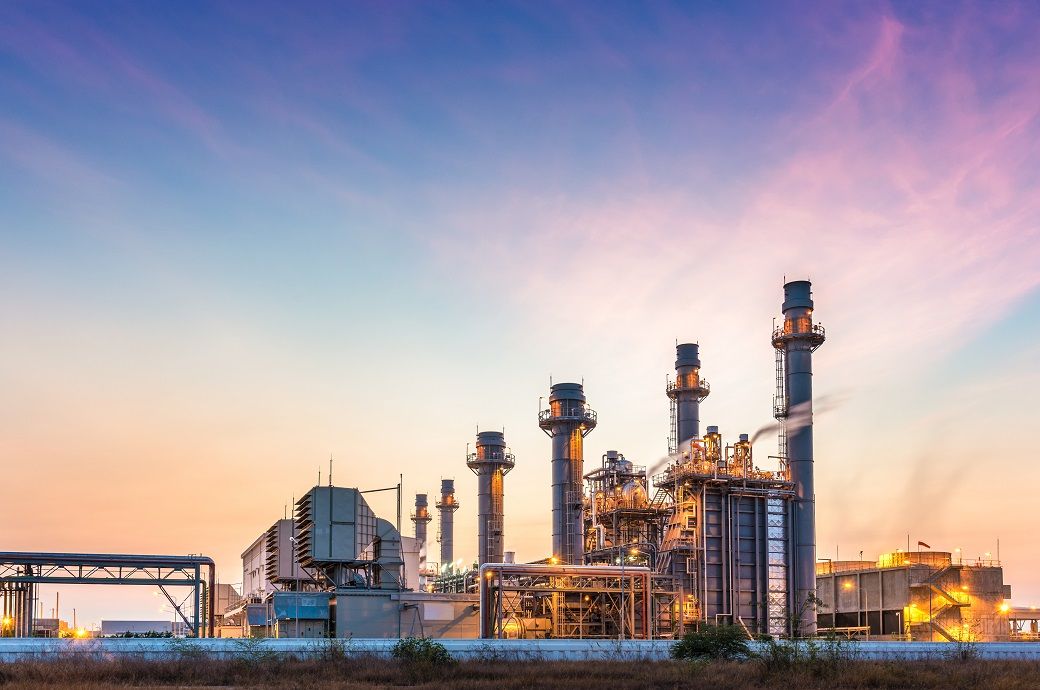
The new tariff mechanism risks creating unintended barriers for new and expanding industries, FICCI noted.
Under the current proposal, businesses with new gas sales agreements, increased demand or recent connections will face significantly higher tariffs than existing customers, even within the same industrial classification, FICCI said.
The Foreign Investors’ Chamber of Commerce and Industry is concerned over the revised gas tariff structure in Bangladesh that differentiates between new, committed and existing customers within the same industrial category.
The new tariff mechanism risks creating unintended barriers for new and expanding industries and the differentiated pricing model presents several challenges, FICCI noted.
This differentiated pricing model presents several challenges. It introduces inequity in energy costs across similar operations, undermines the principle of a level playing field and could adversely affect Bangladesh’s industrial competitiveness at a time when investment momentum is building, it observed.
It may disincentivise new foreign and domestic investments at a critical juncture, just as the government proactively engages the global investor community, FICCI noted.
“We urge BERC to revisit this approach and ensure that policy changes align with the broader goals of economic development and FDI attraction,” FICCI was quoted as saying by domestic media reports.
The provision to treat any new gas sales agreement as a new connection—even for long-standing industrial users—introduces ambiguity and could lead to arbitrary reclassification, FICCI further noted.
This could inadvertently disrupt existing business continuity and create administrative and operational uncertainty. New gas sales agreements with existing customers should not fall under the tariff for new connections, it suggested.
During the public hearing held on February 26, industry stakeholders collectively expressed strong reservations about the proposed tariff structure.
Fibre2Fashion News Desk (DS)





